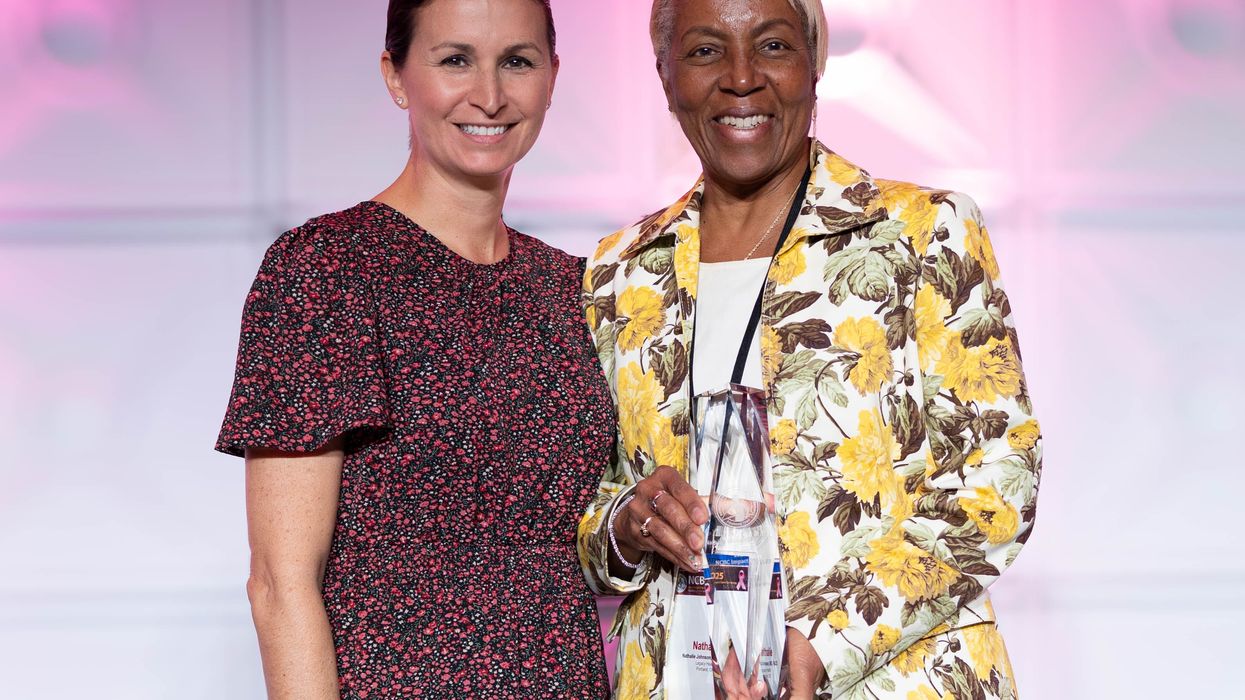October is Breast Cancer Awareness Month, a time dedicated to raising awareness about this disease and supporting those affected. While breast cancer remains a significant health concern, advancements in research and treatment have led to increased survival rates and improved quality of life for patients.
Understanding Breast Cancer
Breast cancer occurs when cells in the breast tissue grow abnormally and divide uncontrollably. It can spread to other parts of the body if left untreated. While the exact causes of breast cancer are not fully understood, several risk factors have been identified, including age, family history, genetics, and certain lifestyle choices.
Breakthroughs in Treatment
In recent years, significant strides have been made in the field of breast cancer research and treatment. Some notable advancements include:
- Targeted Therapies: These treatments focus on specific molecular changes within cancer cells, minimizing damage to healthy tissues. Drugs that target HER2-positive breast cancer, for example, have significantly improved outcomes for patients.
- Immunotherapy: This approach harnesses the body's immune system to fight cancer cells. Immunotherapy drugs have shown promising results in treating certain types of breast cancer, particularly triple-negative breast cancer.
- Personalized Medicine: Advances in genetic testing and molecular profiling allow for more personalized treatment plans, tailoring therapy to the specific characteristics of a patient's tumor.
- Minimally Invasive Surgery: Techniques such as lumpectomy and sentinel node biopsy have become less invasive, reducing recovery time and improving patient outcomes.
Reasons to Have Hope
Despite the challenges posed by breast cancer, there is ample reason to be hopeful. The following factors contribute to a positive outlook:
- Increased Survival Rates: Early detection and improved treatments have led to a significant increase in survival rates for breast cancer patients.
- Improved Quality of Life: Advancements in treatment have also resulted in better quality of life for survivors, allowing them to live more fulfilling lives.
- Ongoing Research: Researchers continue to make progress in understanding the causes and developing new treatments for breast cancer.
- Support Networks: A strong support network, including family, friends, and support groups, can play a crucial role in helping patients cope with the challenges of breast cancer.
Breast Cancer Awareness Month serves as a reminder of the importance of early detection, prevention, and support for those affected by this disease. While there is still much work to be done, the ongoing advancements in research and treatment offer hope for a future where breast cancer is a more treatable and ultimately preventable disease.
Citations:
- American Cancer Society. (2023). Breast Cancer. https://www.cancer.org/
- National Cancer Institute. (2023). Breast Cancer. https://www.cancer.gov/















 Dr. Cary S. Kaufman teaches the "Essentials of Oncoplastic Surgery" course through the National Consortium of Breast Centers, providing breast surgeons around the world with advanced techniques for optimal breast surgery outcomes.
Dr. Cary S. Kaufman teaches the "Essentials of Oncoplastic Surgery" course through the National Consortium of Breast Centers, providing breast surgeons around the world with advanced techniques for optimal breast surgery outcomes.
 Dr. Jay Harness, MD, FACS, founder of Cancer Fitness, believes that when a woman begins exercising after breast cancer, it marks the start of her personal reconstruction journey.
Dr. Jay Harness, MD, FACS, founder of Cancer Fitness, believes that when a woman begins exercising after breast cancer, it marks the start of her personal reconstruction journey.
